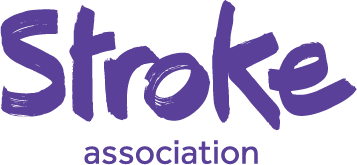Our evaluation, which took place over 18 months, drew on the experiences and views of more than 200 stroke survivors and 100 carers from 30 local groups, as well as 20 Stroke Association staff and volunteers. The study included a questionnaire of stroke survivors and carers which captured self-reported measures of health and wellbeing; as well as interviews and focus groups with stroke survivors, carers, staff and volunteers.
The key findings were as follows:
- Members of the SAVGs felt that being part of the group was a positive experience and benefitted their lives. People told us the groups went some way to tackle social isolation, and that going to the groups gave them a way to access social networks and make friends. Stroke survivors also felt their confidence was improved by being in the groups.
- Carers of stroke survivors attending the groups also felt positively about them. Seeing other stroke survivors further down the line in the recovery process (including the volunteers running the groups) gave a sense of hope and a boost to their morale. The local networks and communities often formed within the groups were also felt to be a source of practical and emotional support.
- The SAVG staff and volunteers were facing challenges in their roles. These included but were not limited to: recruiting new group members; recruiting and training volunteers; sourcing funding and supporting the differing needs of stroke survivors.
- While stroke survivors reported that the groups had a positive impact on them in their interviews we were unable to find any statistically significant changes in the measures used in the questionnaire. This could be explained by many of the stroke survivors having attended the SAVGs several years after their stroke took place. Changes in these outcomes may be more easily captured sooner after having a stroke or joining a group.
For this evaluation we created an accessible summary alongside the full report, for stroke survivors and group members experiencing communication problems.
We also used the findings to make a short video to be shared with groups and shown at the UK Stroke Club Conference on Friday 30th September – Saturday 1st October 2016.
Partners
